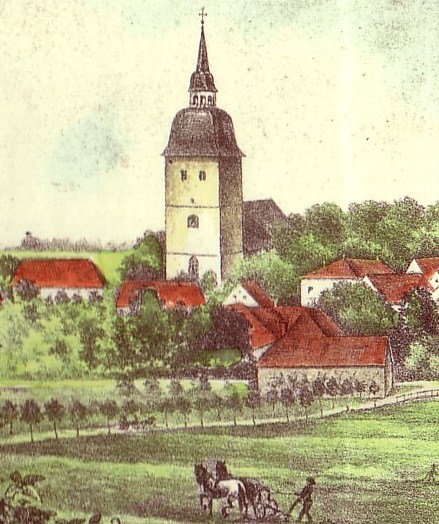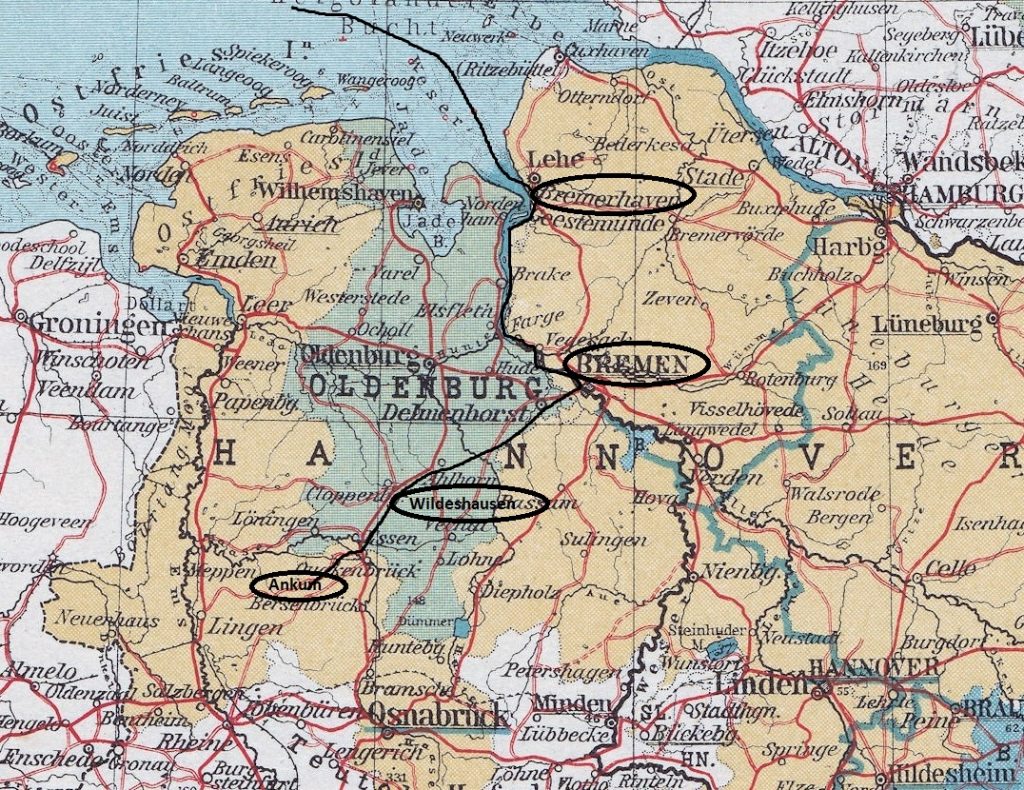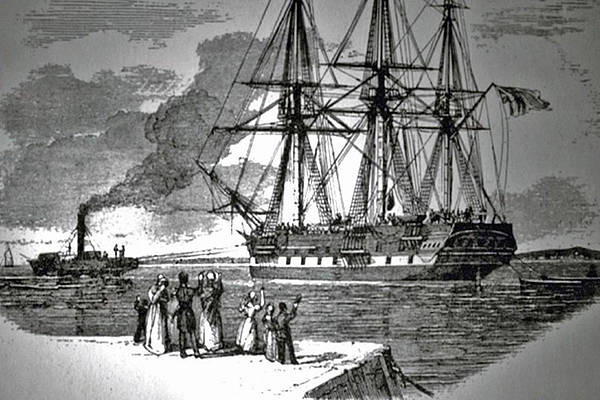Information
Ankum is a small place of about 8000 inhabitants in the North of Germany in Lower Saxony (Niedersachsen). It belongs to the County of Osnabrück (Landkreis Osnabrück) and the Community of Bersenbrück (Samtgemeinde Bersenbrück).
For centuries up to 1802, Ankum was a village in the Principality of Osnabrück (Fürstbistum Osnabrück), governed by a feudal prince bishop. After the French occupation 1802 – 1812 Ankum came under rule of the Kingdom of Hannover (Königreich Hannover) . In 1866 the region became part of Prussia (Preußen). In 1871 all small states and principalities were united to a National State of Germany.

Ankum in 1850 looked an idyllic place, but most people were very poor. Many of them saw no future and emigrated to North America. In 1832 the first to leave their home were eight young men. 30 years later (in 1866) 8,819 people, men, women, families had left the Amt Bersenbrück, most of whom came from the old parish of Ankum (Kirchspiel Ankum).

Most of the emigrants walked to Bremen or went in horse-drawn carriages, which took them three days. From Bremen they sailed on small boats down the river Weser to the port of Bremerhaven where they boarded a big sailing ship. Later in the 19th century railway trains and steam ships made travelling much faster, easier and less dangerous.

